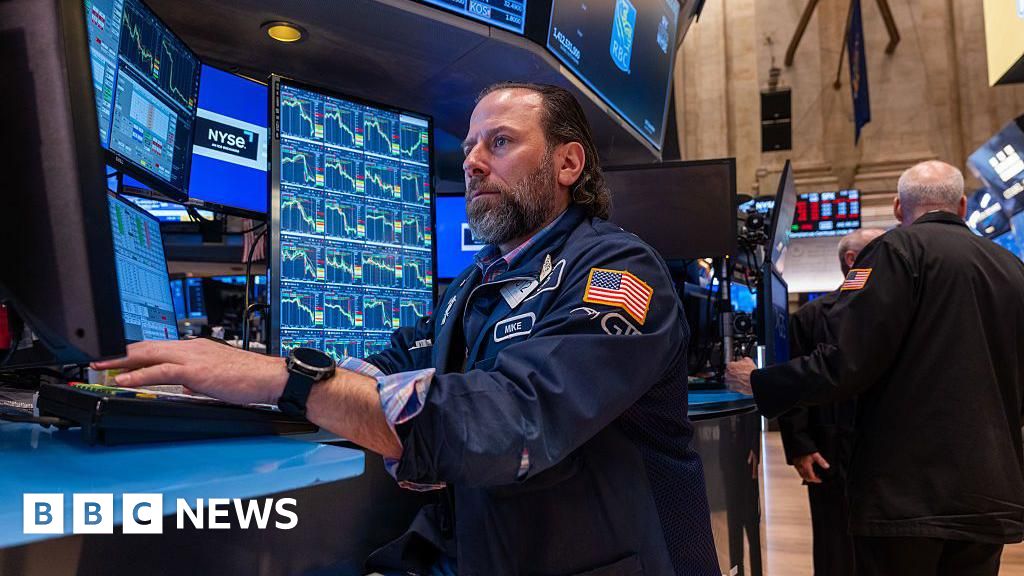
The Rollercoaster Ride of Global Trade: Navigating Uncertain Waters
The past week has witnessed a dramatic downturn in US stock markets, echoing the volatility seen during the initial COVID-19 pandemic shock. This significant slump isn’t isolated; it’s a ripple effect stemming from escalating trade tensions between the US and China, highlighting the interconnected and fragile nature of the global economy. The recent imposition of tariffs, and the subsequent retaliatory measures from China, have sent shockwaves through financial markets, leaving investors on edge.
The situation is complex, fueled by a long-running trade dispute that has seen both nations imposing tariffs on billions of dollars worth of goods. The latest escalation marks a concerning shift, with China responding directly to recent US tariffs. This tit-for-tat exchange has created a climate of uncertainty that investors are struggling to navigate. The market’s reaction underscores the significant impact of trade policy on investor sentiment and overall economic confidence.
While the immediate impact is evident in falling stock prices, the long-term consequences remain uncertain. A protracted trade war could stifle global growth, disrupt supply chains, and increase the cost of goods for consumers worldwide. Industries heavily reliant on trade between the US and China, such as technology and manufacturing, are particularly vulnerable. The ripple effect could be felt across various sectors, leading to job losses and economic slowdown in multiple countries.
However, some argue that the current market downturn is an overreaction, and that the long-term effects may be less severe than initially feared. The robust US jobs market, frequently cited by policymakers, is often presented as a counterpoint to the negative stock market performance. The argument is that a strong domestic economy can absorb some of the shocks caused by trade tensions. Whether this is true remains to be seen; the resilience of the US economy will be tested in the coming months and years as the trade dispute continues to unfold.
The situation underscores a broader debate regarding global trade and economic policy. The pursuit of protectionist measures, while sometimes advocated as a means to safeguard domestic industries and jobs, carries significant risks. The interconnected nature of the modern global economy means that actions taken by one nation can have far-reaching consequences, affecting economies and markets across the globe.
Navigating this turbulent landscape requires careful consideration of the complex interplay between trade policy, market sentiment, and economic fundamentals. While the short-term outlook may appear bleak, a focus on long-term strategies, including diversification and risk management, is crucial for businesses and investors alike. The future direction of the trade war, and its impact on the global economy, remains a key uncertainty that will continue to shape market dynamics in the months ahead. The current situation is a stark reminder of the interconnectedness of the global economy and the profound impact that trade policy can have on financial markets and global stability. Careful observation and strategic adaptation will be key to navigating these challenging times.



Leave a Reply